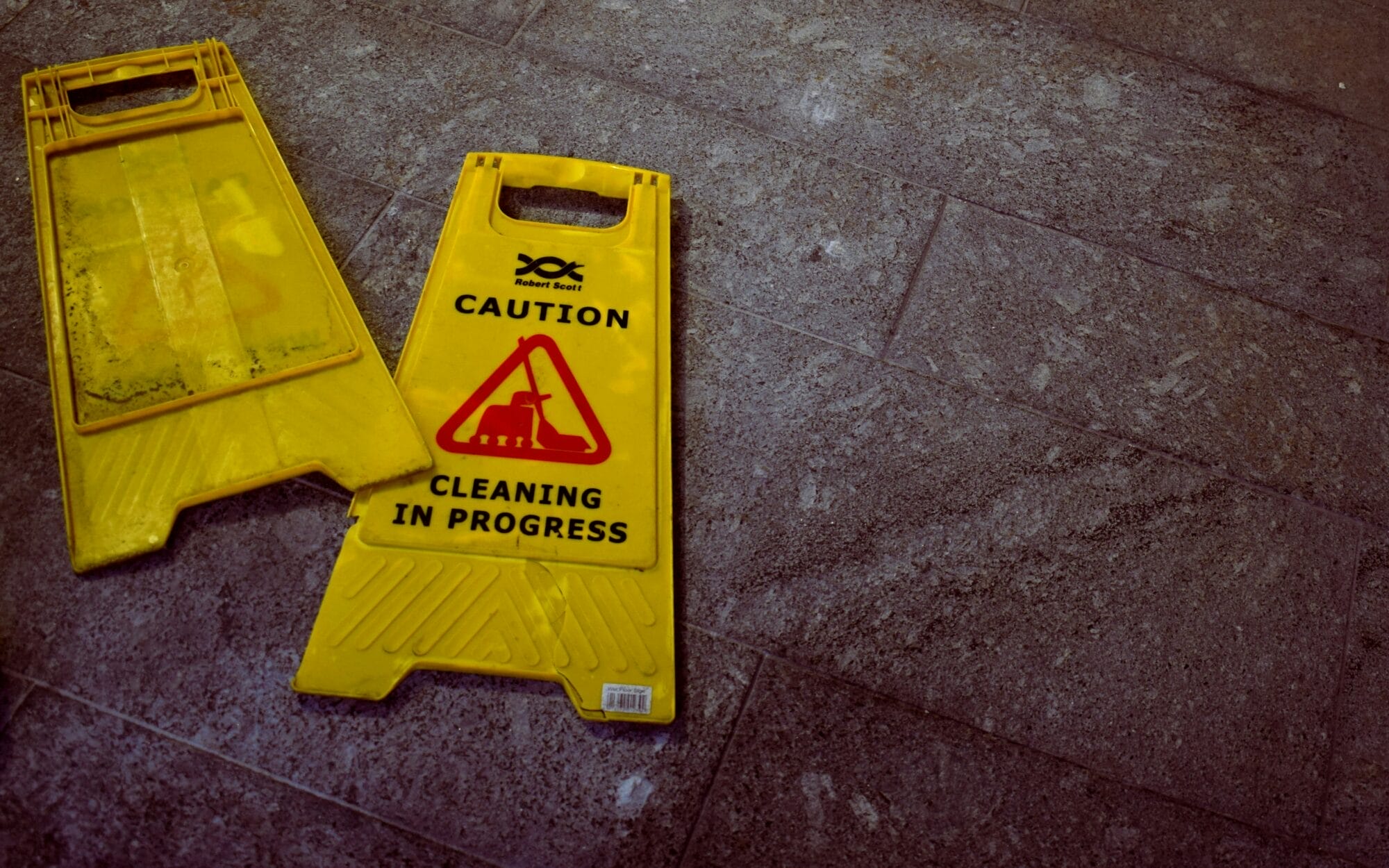If you have been injured on the job or fallen ill because of an occupational illness you may be entitled to workers’ compensation benefits. While the process is not designed to discourage employees from seeking out benefits, the path from injury to benefits can be confusing. To assist you in navigating the Virginia worker’s compensation process, we have created this step-by-step guide to prepare you for what lies ahead.
Virginia Workers’ Compensation Process
1. Seek medical attention.
After you have been injured, it is critical that you seek immediate medical attention. If your injuries are serious and emergent, get to the nearest hospital or medical care facility. If your injuries are non-emergent you must obtain medical care from the list of health care providers supplied by your employer (known as a panel of physicians) in order to be eligible for benefits. Your employer is required to provide you with a list of at least three doctors after you report your work-related accident; if they fail to provide a list you can obtain care from any physician.
2. Give notice to your employer.
You must provide written notice to your employer within 30 days of your work-related injury. While you have 30 days to give notice, it is not advisable to wait because failing to provide this notice may result in the loss of your rights to any benefits. Keep in mind that while some injuries may seem minor at the time, a seemingly harmless injury can turn into a much bigger problem if left untreated so it is best to report the accident and injury immediately.
3. File claim for benefits with Virginia Workers’ Compensation Commission
You must file a claim with the Virginia Workers’ Compensation Commission within two years of your injury.
4. Employer reports the accident.
An employer is required to report your injury to the Virginia Workers’ Compensation Commission within 10 days of having knowledge of any injury or death and within 30 days for minor injuries. This report is known as a First Report of Injury. Once the Commission receives the First Report of Injury, it will send you information about your rights. Your employer will also report your injury to its insurer.
5. Speaking with the insurance adjuster.
After the employer notifies its insurance company of your injury, you will likely be contacted by an insurance adjuster. Keep in mind that the insurance company will be looking for reasons to deny your claim. So, while you will need to cooperate with their investigation, it is best to speak with an experienced workers’ comp attorney to ensure you protect yourself and your claim.
6. Commission issues 20 Day Order.
After the Workers’ Compensation Commission is notified of your injury, it will issue a 20 Day Order to all parties and, specifically, informing the insurer (also referred to as the claim administrator) it has 20 days to respond to your claim.
7. Insurance company response.
If the insurance company accepts your claim, it will provide you with forms to execute and the Workers’ Compensation Commission will enter an Award Agreement. You should consider having an attorney review any paperwork to ensure you fully understand the benefits and any rights you may be giving up. After the agreement is signed by all the parties, it is filed with the Commission and an Award Order will be entered to protect the employee’s rights.
However, if the insurer denies your claim there is an appeals process briefly described below.
Virginia Workers’ Compensation Appeal Process
- Request for hearing. If the insurer denies the claim, a hearing is scheduled by the Commission once medical records are received and a Notice of Hearing letter will be sent to all parties. Your attorney can also request a hearing.
- Voluntary mediation. Mediation may be requested by you (or your attorney) or your employer and its insurer. This process seeks to reach a compromise between the parties.
- Assignment to judge. Your case will be assigned to an administrative judge.
- Hearing. A hearing will be held in front of the administrative judge and you and your employer will have the chance to present evidence.
- Decision. The judge will issue a written opinion either granting or denying benefits.
- Appeal to the full Commission. If you are unhappy with the decision of the judge, you have 30 days to file an appeal. On appeal, the full Workers’ Compensation Commission will hear your case.
- Appellate Courts. If you are dissatisfied with the full Commission decision, you have 30 days from the unfavorable decision to file an appeal with the Virginia Court of Appeals. Any party also has 30 days from the date of the Court of Appeals’ decision to request an appeal to the Supreme Court of Virginia.
Work with a Skilled Workers’ Compensation Lawyer in Virginia
The Virginia workers’ compensation process is not meant to be confusing for injured employees. However, when you are struggling to recover from work-related injuries the last thing you should worry about is deadlines and filings with the Commission. The workers’ compensation attorneys at Renfro & Renfro have experience handling workers’ compensation claims at all stages of the process and are prepared to help you each step of the way. Contact us today for a free consultation.






